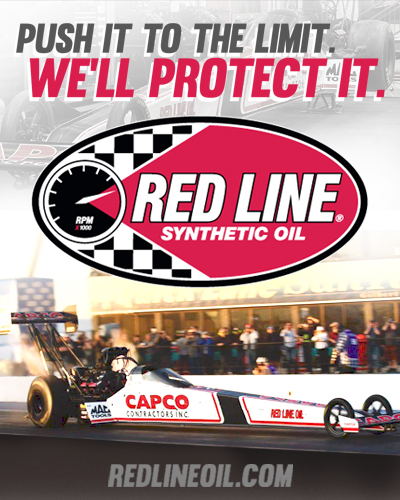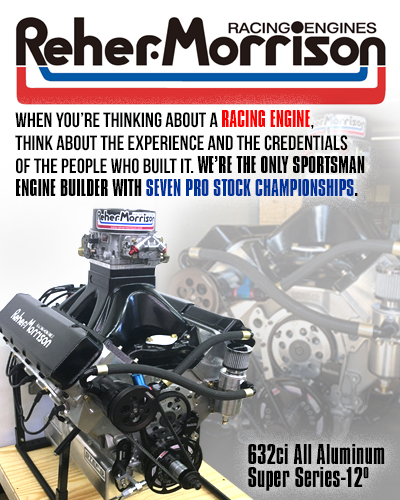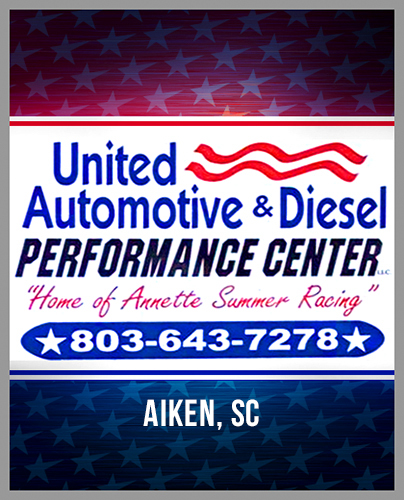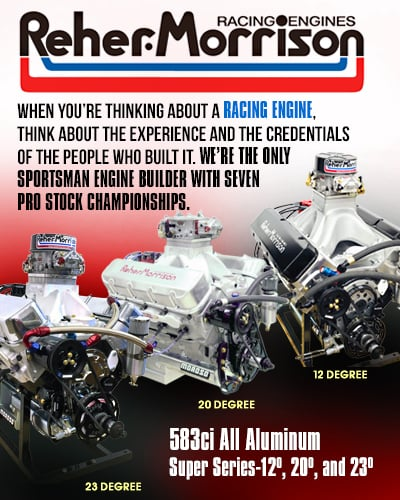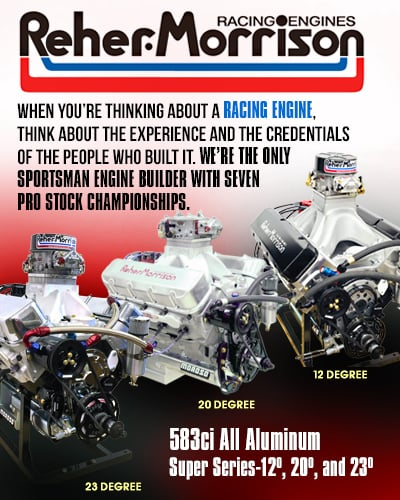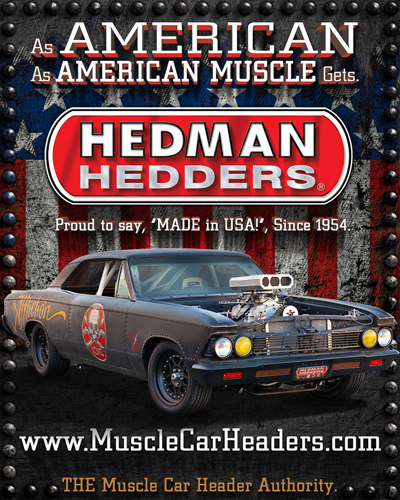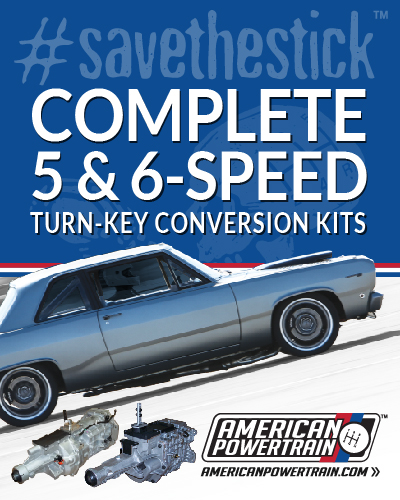UNDERSTANDING MOTORSPORTS INSURANCE: IS YOUR RACE TEAM PROPERLY INSURED?


Drag racing can be volatile, and insuring your assets should be a no-brainer. Navigating the process can sometimes be challenging for those who need help understanding the procedures and policies.
When one buys a motorsports insurance policy, does it cover the race car in competition? What about the support equipment like the tractor-trailer, toterhome, or stacker? Does this fall under one's home, auto, or business insurance policies?
Motorsports Insurance specialist Sean Schwartz believes the best starting point for insuring one's team should be focused on those things responsible for getting the team to the track.
"So many of these guys now have these awesome motorhomes and toterhomes and tractors and trailers," said Schwartz, President of CCR Motorsports Insurance. "That is a huge piece of [Motorsports Insurance]. You still want to protect yourself and others while you're out there with these large pieces of equipment, having the correct liability in place in case you do hurt somebody else and/or damage somebody else's property. So that's a big deal, getting to and from the track, not hurting somebody or damaging somebody's property.
"Not only that, protecting your property too, because these toterhomes, these motorhomes, these tractor trailers, they're very expensive pieces of equipment. Then inside the trailer, we obviously have even more expensive pieces of equipment. So protecting all of the assets of the race team from physical damage and liability is very important."
Schwartz believes the best starting point in purchasing motorsports insurance is with what he calls the off-track and storage policy. This policy covers the rig, trailer, and everything inside. Everything includes the most precious cargo of it all, the race car.
"It's covering the race car 24 hours a day, seven days a week, no matter where it is," Schwartz said. "The only time you really don't have coverage [with off-track & storage] is whenever it is under its own power or on the competition surface. So you're getting fire, theft, vandalism, and weather-related things that could happen.
"When you're in transit to and from the races, if somebody hits you or you overturn it in a ditch, or heaven forbid you have a trailer fire. There were at least five or six that I can think of off the top of my head that were going down the road a couple of years ago, where the trailer catches fire, and everything's gone. Or maybe you're staying at a hotel; you wake up, and everything's gone the next day.

Schwartz confirmed the most realistic place to cover a race car is anywhere but on the racing surface.
"We get so many calls every day for people who want to insure their race cars while on the track," Schwartz said. "When it comes to the drag racing program, I'm not aware of one right off the top of my head that's providing that. I've been doing this for 26 years, and I've seen insurance companies here today and gone tomorrow who have offered on-track physical damage for drag racing, and that program just never works. They burn through a market, and then they bring another one in, burn through that one, and it's gone.
"On-track physical damage in the drag racing world, for whatever reason, never seems to sustain itself over time. We do offer on-track physical damage here at our agency, but it's only through the Professional Road Course Racing Series, and that's the only series that actually has been able to sustain that insurance line for years and years and years."
Schartz said a standard commercial general liability policy is a must-have supplement.
"When you're at the track if people are in your area and they were to get injured, or you're riding around in your pit vehicle, and you hit somebody or damage somebody's property, I think it's important to have a commercial general liability policy in place," he confirmed.
 When it comes to your general insurance, either in auto or home policies, filing a claim can be stressful. In motorsports insurance, the more prep work a client has done ahead of time can speed the process exponentially.
When it comes to your general insurance, either in auto or home policies, filing a claim can be stressful. In motorsports insurance, the more prep work a client has done ahead of time can speed the process exponentially.
"The best thing is as soon as you have a claim, obviously make us all aware of it so that we can get it in the systems and get that going," Schwartz said. "Next is trying to get an estimate on what it's going to take to get the repairs done. A lot of these pieces out here, and I always go back to this toterhome, motorhome, these tractors, trailers; these are all very special and unique pieces of equipment and not everybody's building. Only a few people in the United States are actually building these things.
"So a lot of the times you actually have to go back to the person who manufactured that to actually even get an estimate and maybe even get it repaired because there's sometimes you're not going to have anybody around locally or even within a state or two that can do it. Getting your estimates done and picking a place where you want this work to be done, and getting all of that rounded up as quickly as you can, will help speed things up a little bit.
"We're still all going to be at the mercy of the insurance company and getting the adjusters out there to do their jobs. Once they do their job, get back, get the reports finalized, and then back into the insurance company. Then that person needs to look at it and approve the payment."
Schwartz said a racer could have an agreed value on their units as opposed to an actual cash value to help the pieces of the process fall in place.
"If you were to have a catastrophic loss and it's totaled, they're going to go out there and give you what the market's going to give you; but if you have $350,000 on a trailer or a motorhome and you have a total loss, we're going to give you a check for that amount minus your deductible hassles," Schwartz confirmed.
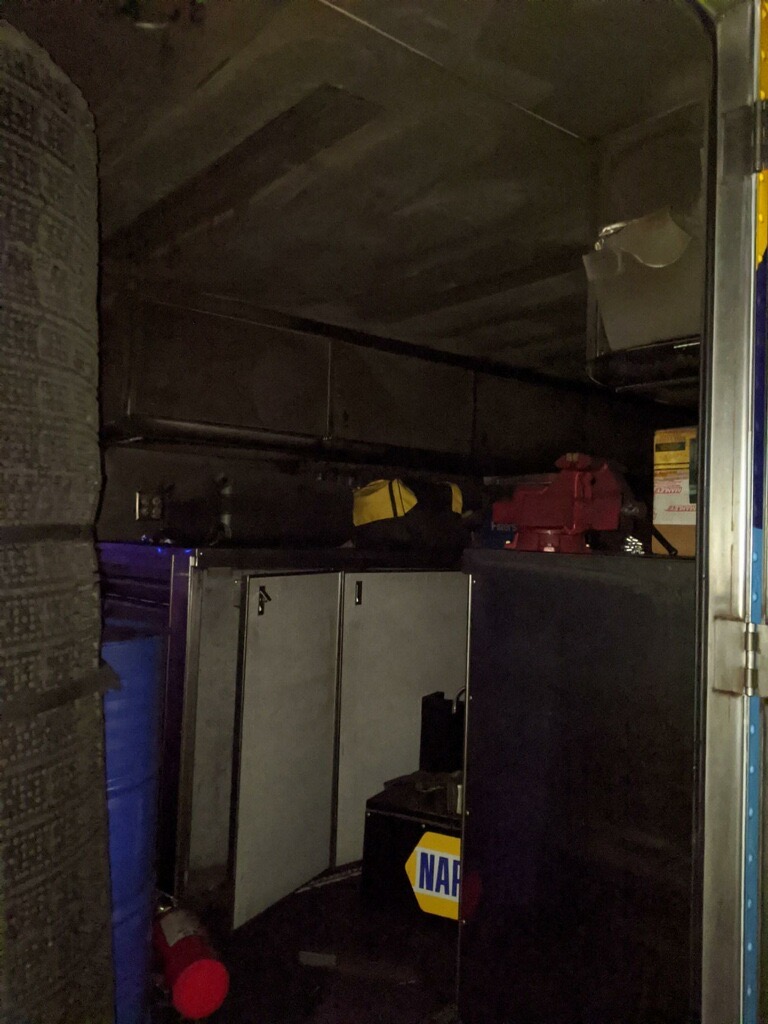
The costs associated with procuring motorsports insurance depend on certain factors, such as which state where the client resides.
"We represent four to five different insurance carriers, and each of these insurance carriers out there actually have filed rates in each state," Schwartz explained. "Every state differs in how every insurance carrier has their rates filed. Every state will be different in how your auto liability rating is up.
"Most of the time, for the off-track and storage where we're rating all of the race cars and all the equipment for physical damage, it depends on what limit of insurance. So if we're insuring a million dollars worth of equipment, you're going to have a little bit more competitive rate, say, versus a guy that just has a hundred thousand dollars. The costs are going to be determined on how much we are actually insuring for you on a total physical damage limit."
Schwartz said motorsports insurance companies, particularly his CCR Motorsports Insurance firm, which underwrites policies for about 500 teams, work with everyone from the weekend racer to the multi-car nitro team.
"You may call me one day and say, 'Well, hey Sean, I'm not a Don Schumacher racing type of deal. I'm just a weekend guy that likes to go out to my local track," Schwartz said. "You can just choose what it is that you actually need.
"We can take it all the way up to the top for the pro guys to take care of all of their contractual deals as well and offer workers' compensation, group health policies, the whole nine yards. So yeah, it can go as high as you want it to go."
The last tidbit Schwartz believes is essential is to have all your policies under one umbrella.
"What you want to do is definitely get with a company that offers you a full program with just one company," Schwartz advised. "What I mean there is I'm going to sell you a policy that has a commercial general liability, auto liability, and the off-track and storage, and it's all with one company. I'm not going to separate it out and put the off-track with this company. I'm not going to go put the auto with this company and get you a commercial job. The term bundled is overused, I think; in our industry, we try and get them all together with just one company. It's nice and clean that way. And making sure that you are with a reputable insurance company that's admitted here in the States and is A-rated. Those are the things that you should look for."
Schwartz said most of the time he's at the races, walking the pits, his mind often wonders who in the vast pit area has the proper insurance and then asks questions.
"There are so many more people out there that have their race cars and their trailers and the motorhomes/toterhomes and all this beautiful, sweet equipment, and there's so many of them that just don't even have it insured properly or have a lot of that stuff even insured," Schwartz admitted. "I'm just really trying to get to those people and letting them know that, 'Hey, this insurance is available, and it's not as expensive as what you think it is."
"In my opinion, it's very affordable considering the thousands and hundreds of thousands of dollars that you have invested."
Drag racing can be a volatile sport and even more volatile if you're not correctly insured.
SOURCE:
CCR MOTORSPORTS INSURANCE
6339 Constitution Drive, Ste B
Fort Wayne, In 46804
888-767-2693



























